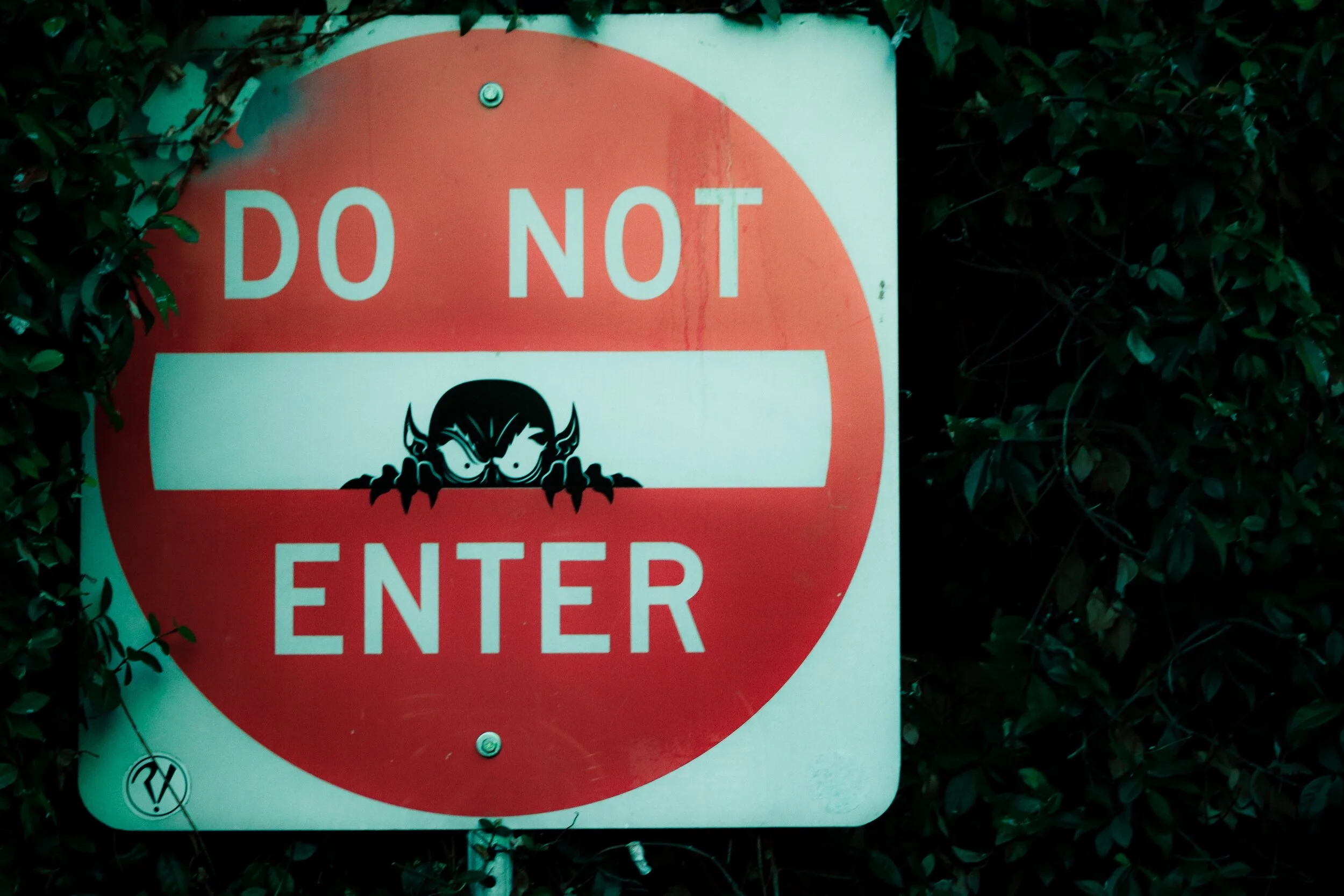Jesus’ story begins with shepherds coming to him, the lamb of God. It ends with the Shepherd being struck down and the sheep scattering. And then there is a final twist.
The story begins with sheep being drawn to the lamb:
8 And in the same region there were shepherds out in the field, keeping watch over their flock by night. 9 And an angel of the Lord appeared to them, and the glory of the Lord shone around them, and they were filled with great fear. 10 And the angel said to them, “Fear not, for behold, I bring you good news of great joy that will be for all the people. 11 For unto you is born this day in the city of David a Savior, who is Christ the Lord. 12 And this will be a sign for you: you will find a baby wrapped in swaddling cloths and lying in a manger.” 13 And suddenly there was with the angel a multitude of the heavenly host praising God and saying,
14 “Glory to God in the highest,
and on earth peace among those with whom he is pleased!”15 When the angels went away from them into heaven, the shepherds said to one another, “Let us go over to Bethlehem and see this thing that has happened, which the Lord has made known to us.” 16 And they went with haste and found Mary and Joseph, and the baby lying in a manger. 17 And when they saw it, they made known the saying that had been told them concerning this child. 18 And all who heard it wondered at what the shepherds told them. 19 But Mary treasured up all these things, pondering them in her heart. 20 And the shepherds returned, glorifying and praising God for all they had heard and seen, as it had been told them. [Luke 2:8-20]
God loves shepherds. Abel, Moses, David, and Amos are all shepherds. In Psalm 23, God refers to himself as a shepherd. It’s no surprise that God would allow these nameless shepherds to be the first witnesses of the birth of Emmanuel.
To top it off, God promised that the Messiah would be a Shepherd-King.[i]














